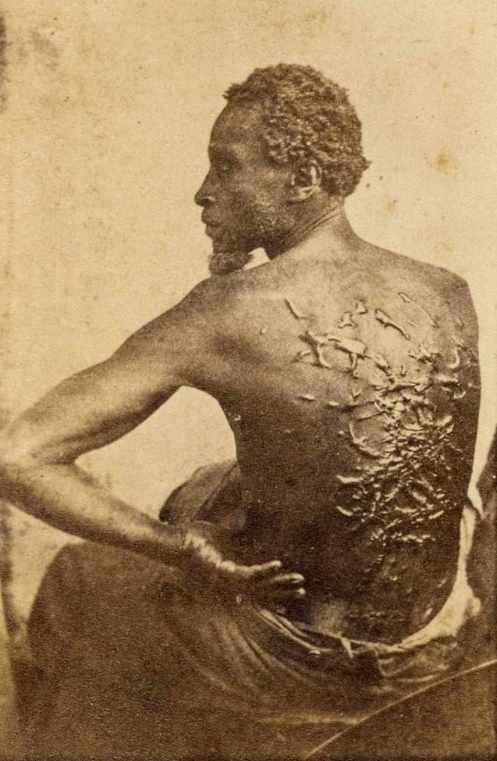Hangover: How Previous-Day Drinking Impairs Exercise Performance
The festive season celebration boosted alcohol consumption. Some individuals reporting the consumption of alcohol the day before a sporting event. The question of how previous-day alcohol ingestion affects athletic performance has been a subject of interest and debate in sports science. A study by Shaw et al. (2022) published in International Journal of Sports Physiology and Performance sought to shed light on this issue by examining the impact of a standardized dose of alcohol consumed the night before on muscle function and the performance of severe-intensity exercise.
The Study
The study involved 12 recreationally active individuals who participated in two separate occasions. On one occasion, they consumed a beverage containing 1.09 grams of ethanol per kilogram of fat-free body mass (ALC condition), while on the other occasion, they consumed water (PLA condition). The following morning, participants underwent various tests to assess muscle strength, power, and fatigue, as well as performance in a severe-intensity exercise test.
Results
The findings of the study were significant and provided valuable insights into the impact of previous-day alcohol consumption on exercise performance:
- Reduced Endurance: One of the key findings was that time to exhaustion in the cycle ergometer test was significantly reduced in the ALC condition compared to the PLA condition. Participants who had consumed alcohol the night before experienced an 11% decrease in their time to exhaustion during the cycling test.
- No Impact on Muscular Strength and Power: Interestingly, there was no significant difference between the ALC and PLA conditions in tests measuring muscular strength (vertical jumps, isometric midthigh pulls, and biceps curls). This suggests that alcohol ingestion did not affect these aspects of muscle function in the short term.
The study indicates that consuming alcohol the night before can significantly reduce endurance during severe-intensity exercise. This finding has important implications for athletes, especially those whose events rely on anaerobic capacity and rapid aerobic pathway response.
Practitioners and coaches should take note of these findings and consider educating their athletes about the adverse effects of consuming alcohol the day before a competition. Ensuring athletes are aware of how alcohol can impact their performance may lead to better decision-making and improved athletic outcomes.

